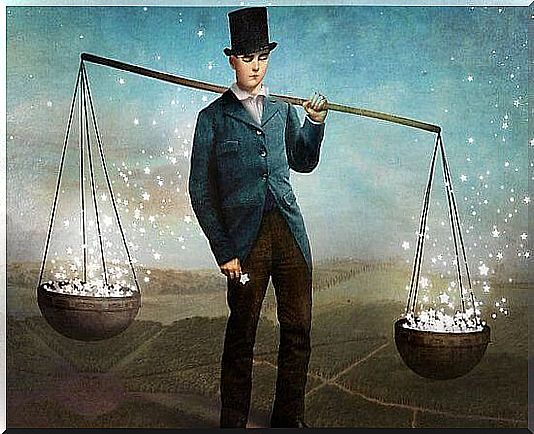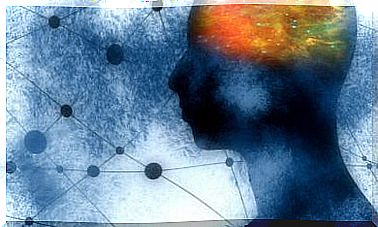If The Destination Exists, There Is No Responsibility

Most of us have been tempted to attribute some of our achievements and failures to “fate”. Nothing easier than to blame fatality for what happens to us and what stops happening to us. It is an almost magical formula that explains everything and justifies everything.
Phrases such as “If fate wants it, we will meet again “, or ” Fate prevented everything from going well “, are frequently used. Thinking that everything is written in advance is something that comes to mind when we encounter coincidences or apparently fortuitous situations, which determine important aspects of our lives.
The problem is that if we accepted that there is a fixed destiny, practically everything we do would be meaningless. Well, as it is going to happen, whatever we do, we would free ourselves from our responsibility.
What is destiny?

If we refer to the strictly literal, the word destination simply means a point of arrival. The place where we are going or the end of a journey. However, destiny has been defined in many ways. Philosophy, mythology, religion and esoteric beliefs have assigned various values to it:
- For philosophy, destiny has to do with the theory of causality. Everything that happens has a cause that generates it.
- For Greek and Roman mythology, she was the personification of a goddess who had the power to determine everything, even what should happen to other gods.
- For religions, it is also a divine provision. In Hinduism, an effect of karma. In the Christian and Muslim religions, a will of Providence.
- For esotericism, destiny is a reality imposed by the influences of the stars, or, on other occasions, an amalgam between the concept of karma and divine disposition.
The truth is that, since always, men have asked themselves questions about destiny: “Where am I going?”, “Where should I go?”, “Why don’t I finish reaching the point I set for myself? ” The question of destiny is the question of the meaning of our life. Hence, it is a constant concern that has run through our entire history as human beings.
The concept of “destiny”, understood as predestination, would not have survived through so many centuries, if it were not useful. And boy is it useful. Through the word “destiny”, most complex situations in life can be explained and understood, at least in appearance. The concept of destination serves, among other things, for the following:
- It allows us to understand adversity as an inevitable reality, which may well be the product of a punishment for our bad actions, or a test that, if passed, will later be rewarded.
- It allows associating successes with a strong component of luck. The “good” comes into our life because our star is shining.
- It allows us to place the responsibility for what happens to us in forces outside ourselves. This avoids possible feelings of guilt or, eventually, making the necessary efforts to get where we want to go.
And the responsability?
The worrying thing about accepting that there is predestination, or a destiny written by a higher force, is that you relinquish control over your own life. At first it is just a belief, but over time it becomes a lifestyle.
Without hardly noticing it, you begin to see your suffering as an unapproachable reality. You settle in with the idea that it is not possible to change what happens to you. In fact, your thinking does not produce ideas of change and you feel that all doors are closed.
The same goes for success. A real triumph does not come from a fortuitous situation, but from long and patient work. But if you believe in destiny, you will be busier looking for some good luck factor, rather than a method to move forward. If destiny existed, prisons would not have to exist. How could someone be judged for stealing or killing, if those acts did not depend on him, but on something that was already written?

In reality, everyone builds their own destiny. Although there are factors that are beyond individual control, there are always different alternatives to act in the same situation. To accept that everything is written in advance is to renounce freedom and life itself.
Images courtesy of Christian Schloe









